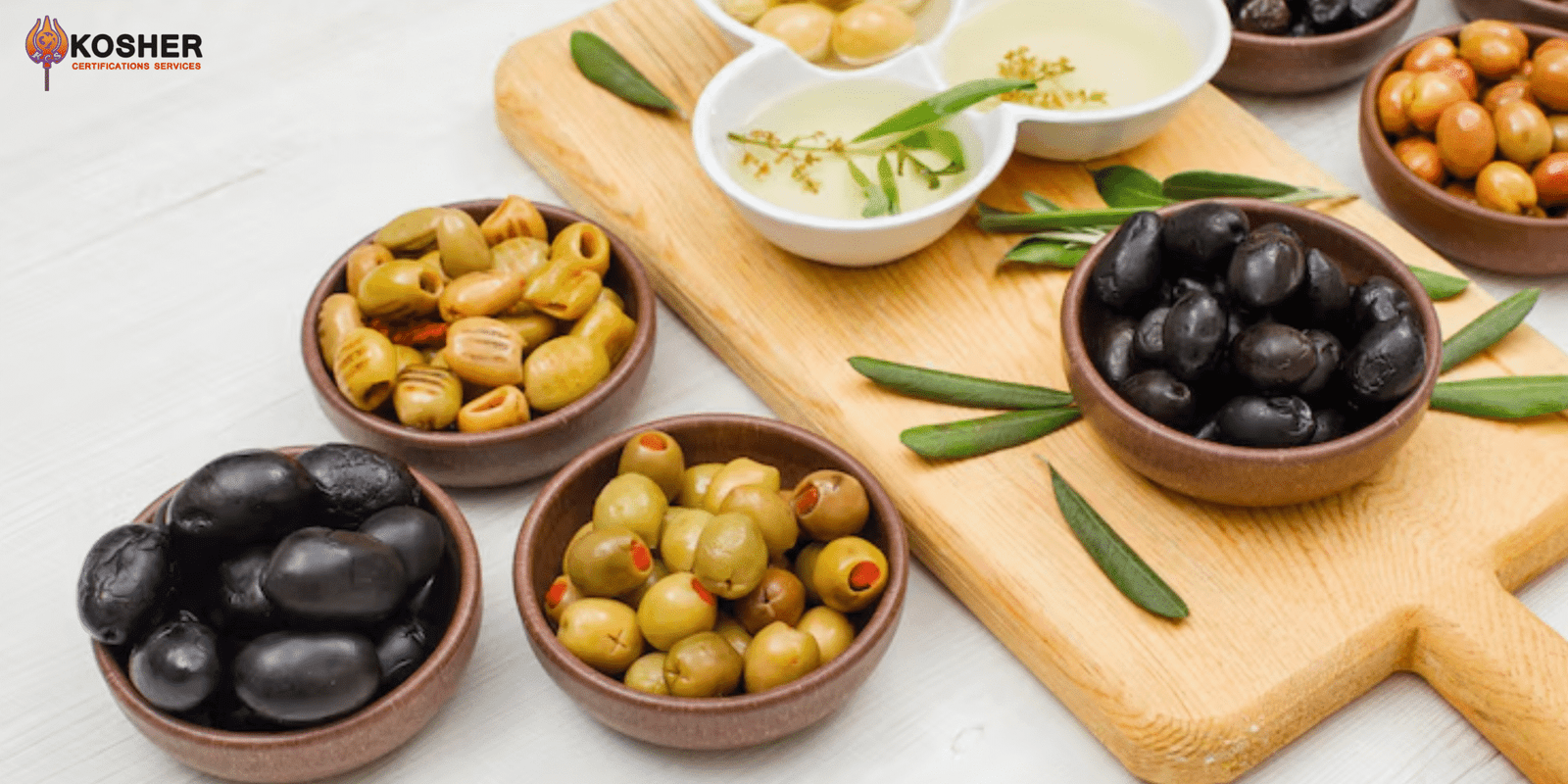When you see the word “Kosher Certification” on a food label, you might associate it with Jewish dietary laws — and you’d be right. But what does it really mean for a product to be kosher? And why does kosher certification matter, even to people who aren’t Jewish? In this guide, we’ll walk you through the basics of kosher certification, how it works, and why it’s important for food producers and consumers alike.
What Does “Kosher Certification” Mean?
“Kosher” is a Hebrew word that means “fit” or “proper.” In food terms, it refers to items that meet the dietary standards set out in Jewish religious law, known as kashrut. These rules are derived from the Torah and further explained in rabbinic literature.
Kosher laws outline what types of food can be eaten, how those foods must be prepared, and how they must be handled. The main rules include:
-
No mixing of meat and dairy
-
Only certain animals may be eaten (e.g., cows and chickens are kosher, but pigs and shellfish are not)
-
Animals must be slaughtered in a specific, humane way
-
All utensils and equipment must also be kosher
Because these rules are detailed and complex, many people rely on kosher certification agencies to ensure that the food they buy meets kosher standards.
What Is Kosher Certification?
Kosher Certification is a process in which a trusted agency inspects and approves food products, facilities, and production processes to confirm they comply with kosher law. Once certified, the product can carry a recognizable symbol or “hechsher” on the packaging — like a circled “U” (OU), “K,” or other mark depending on the certifying agency.
This certification assures Jewish consumers that a product is suitable for consumption according to their dietary laws. But kosher certification isn’t just for the religiously observant — it also appeals to vegetarians, vegans, and those concerned with food quality, transparency, and hygiene.
How the Certification Process Works
The process of getting kosher certified involves several steps:
-
Initial Inquiry: A company contacts a kosher certification agency to start the process.
-
Review of Ingredients and Processes: The agency reviews all raw materials, additives, and processing steps to check for compliance.
-
Inspection: A kosher supervisor (called a mashgiach) visits the production facility to inspect equipment, cleanliness, and protocols.
-
Approval: If everything meets kosher standards, the agency grants certification.
-
Ongoing Supervision: Regular inspections ensure continued compliance.
Different agencies may have different standards or specializations — for example, some focus on dairy products, while others handle meat processing or packaged goods.
Who Needs Kosher Certification?
Kosher Certification is especially relevant for:
-
Food manufacturers who want to expand into markets that require kosher products.
-
Restaurants and catering services serving Jewish communities.
-
Retailers and exporters who sell internationally, especially to the U.S., Israel, and parts of Europe where kosher demand is high.
Even health-conscious consumers who are not Jewish often seek out kosher-certified products, because the certification process requires strict cleanliness, detailed labeling, and a high level of accountability.
Benefits of Kosher Certification
Getting certified can open up new business opportunities. Here are some key benefits:
-
Market Expansion: Access to a wider consumer base, including observant Jewish communities and health-conscious buyers.
-
Consumer Trust: A third-party certification boosts credibility and transparency.
-
International Trade: Many countries and distributors prefer or require kosher certification for imported food.
-
Quality Control: The rigorous inspection process can help improve overall production standards.
Common Kosher Symbols to Know
You might have noticed small symbols on food packages — here are a few common ones:
-
OU (Orthodox Union): One of the most widely recognized and accepted symbols.
-
KOF-K, OK, STAR-K: Other well-known certification agencies.
-
OU-D or K-D: Indicates the product is dairy.
-
OU-P: Kosher for Passover — no leavened grains.
It’s important to understand these labels, especially if you are shopping for someone who follows kosher rules.
Final Thoughts
Kosher Certification is more than just a religious label — it’s a trusted sign of quality, care, and consistency. For food producers, it offers a chance to reach broader markets and gain consumer confidence. For shoppers, it’s a clear way to make informed, ethical food choices.
Whether you’re a business owner, a curious consumer, or someone with dietary restrictions, understanding kosher certification can help you make smarter decisions in the grocery aisle and beyond.
